£30 million IBM-linked supercomputer centre coming to North West England
Once operational, the Hartree supercomputer will be available to businesses “of all sizes”
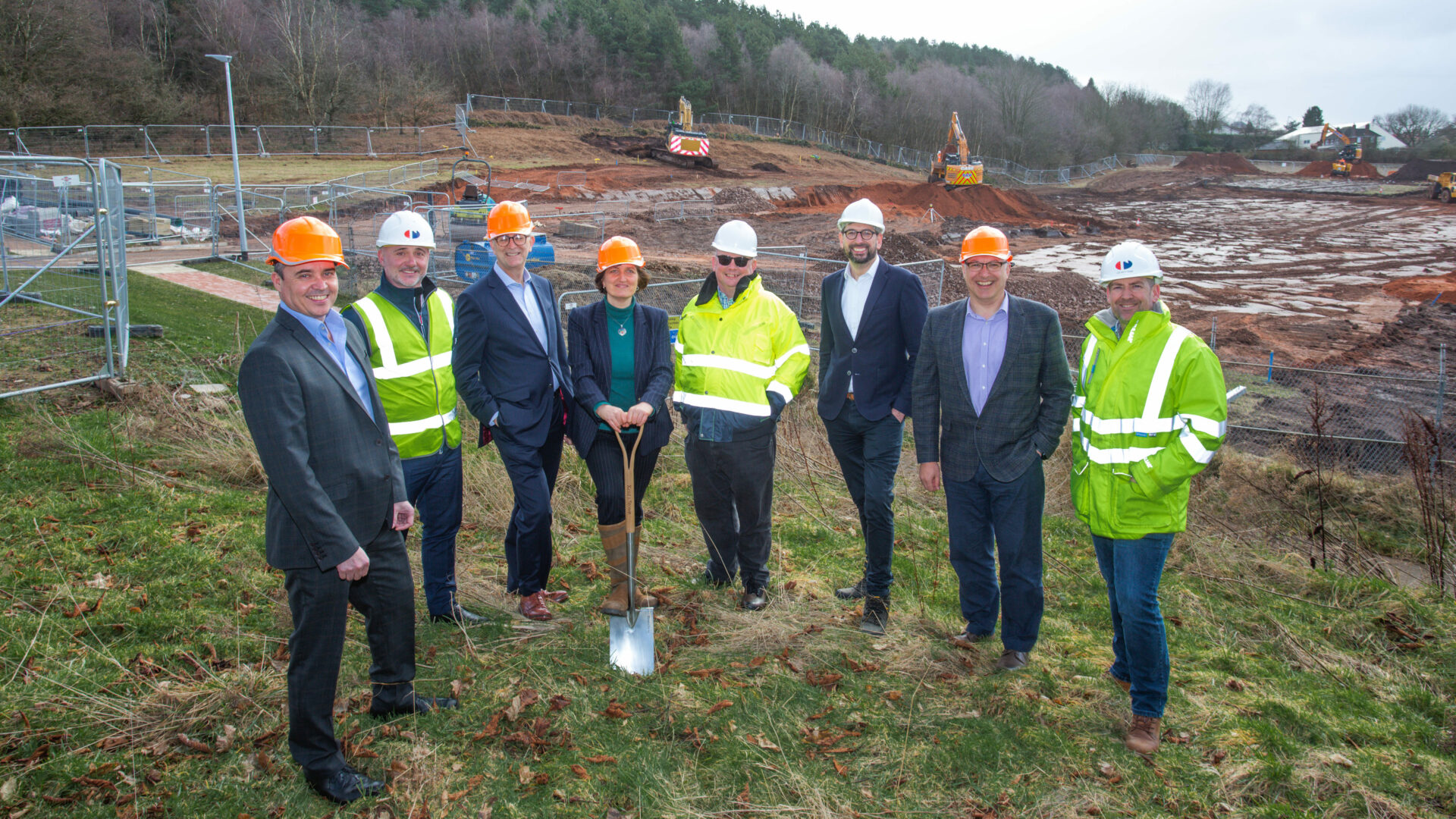

Construction has begun on a new £30 million supercomputing centre in Cheshire which aims to help regional businesses capitalise on emerging technologies such as artificial intelligence (AI) and quantum computing.
Located at the Science and Technology Facilities Council’s (STFC) Daresbury Laboratory, the new centre forms part of the £210 million Hartree National Centre for Digital Innovation (HNCDI).
The centre, which provides UK industry access to emerging technologies, was formed as part of a £172 million collaboration with IBM.
Hartree Centre revealed that procurement is “currently underway” for the new high-performance computing systems set to be housed at the site.
In a statement, the centre said it anticipates that the first system to be installed in the building will have a performance capability of between 80 to 100 petaflops, equivalent to around 100 trillion calculations per second.
This, the organisation added, will make the new system between 20 to 25 times faster than the current platform housed at the site.
Regional industry support
The Hartree Centre is described as one of the UK’s only supercomputing centres “dedicated to supporting industry”.
Get the ITPro daily newsletter
Sign up today and you will receive a free copy of our Future Focus 2025 report - the leading guidance on AI, cybersecurity and other IT challenges as per 700+ senior executives
It provides businesses “of all sizes” access to advanced supercomputing technologies that have traditionally been limited to academia and large-scale industry.
Paul Vernon, head of STFC’s Daresbury Laboratory, said the investment will enable businesses in the region to drive productivity, accelerate the use of advanced digital technologies, and deliver economic benefits.
"Our new supercomputing centre is a significant development in our mission to provide UK businesses with access to the vital infrastructure and expertise that will help them to grow and succeed on a global scale," he said.
"It will help UK businesses drive productivity, accelerating growth and job creation through the use of advanced digital technologies. As we strengthen our commitment to breaking down barriers to technologies such as AI and quantum computing, we are enabling industry to carry out invaluable cutting-edge research, with long-term, tangible benefits to our economy and society."
Organisations across both the public and private sectors will be granted access to the supercomputing centre once completed.
How will the Hartree supercomputer compare?
Once operational, the Hartree Centre supercomputer will be among the fastest housed in the UK.
Nvidia’s Cambridge-1 machine, housed at the Kao data centre in Essex, is capable of delivering more than 400 petaflops of AI performance in addition to eight petaflops of Linpack performance.
RELATED RESOURCE
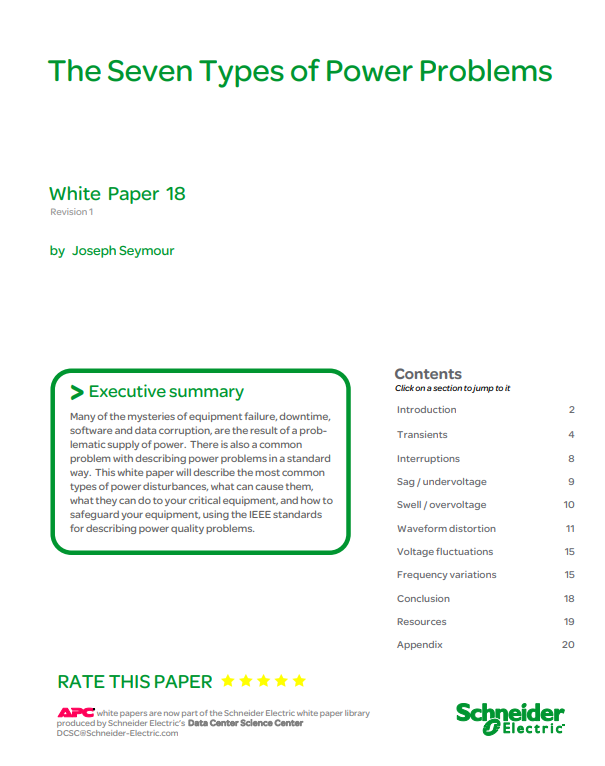
The seven types of power problems
The most common types of power disturbances and how to safeguard your equipment
The Cambridge-1 supercomputer was unveiled by the tech giant in 2021 and made available to researchers and academics at organisations including AstraZeneca and GSK.
Meanwhile, ARCHER2, housed at the EPCC, the University of Edinburgh’s supercomputing centre, has a peak performance of around 28 AI petaflops.
Officially launched in February last year, ARCHER2 can perform 20 million billion calculations a second, and at peak power is equivalent to around 250,000 modern laptops.
ARCHER2 scored 19.54 petaflops on the most recent Linpack benchmark, making it the fastest supercomputer in the UK and the 28th fastest in the world, according to the Top500 list.
The Linpack benchmark test is the universal measure of supercomputer performance, not the AI petaflop performance.

Ross Kelly is ITPro's News & Analysis Editor, responsible for leading the brand's news output and in-depth reporting on the latest stories from across the business technology landscape. Ross was previously a Staff Writer, during which time he developed a keen interest in cyber security, business leadership, and emerging technologies.
He graduated from Edinburgh Napier University in 2016 with a BA (Hons) in Journalism, and joined ITPro in 2022 after four years working in technology conference research.
For news pitches, you can contact Ross at ross.kelly@futurenet.com, or on Twitter and LinkedIn.
-
 Should AI PCs be part of your next hardware refresh?
Should AI PCs be part of your next hardware refresh?AI PCs are fast becoming a business staple and a surefire way to future-proof your business
By Bobby Hellard Published
-
 Westcon-Comstor and Vectra AI launch brace of new channel initiatives
Westcon-Comstor and Vectra AI launch brace of new channel initiativesNews Westcon-Comstor and Vectra AI have announced the launch of two new channel growth initiatives focused on the managed security service provider (MSSP) space and AWS Marketplace.
By Daniel Todd Published
-
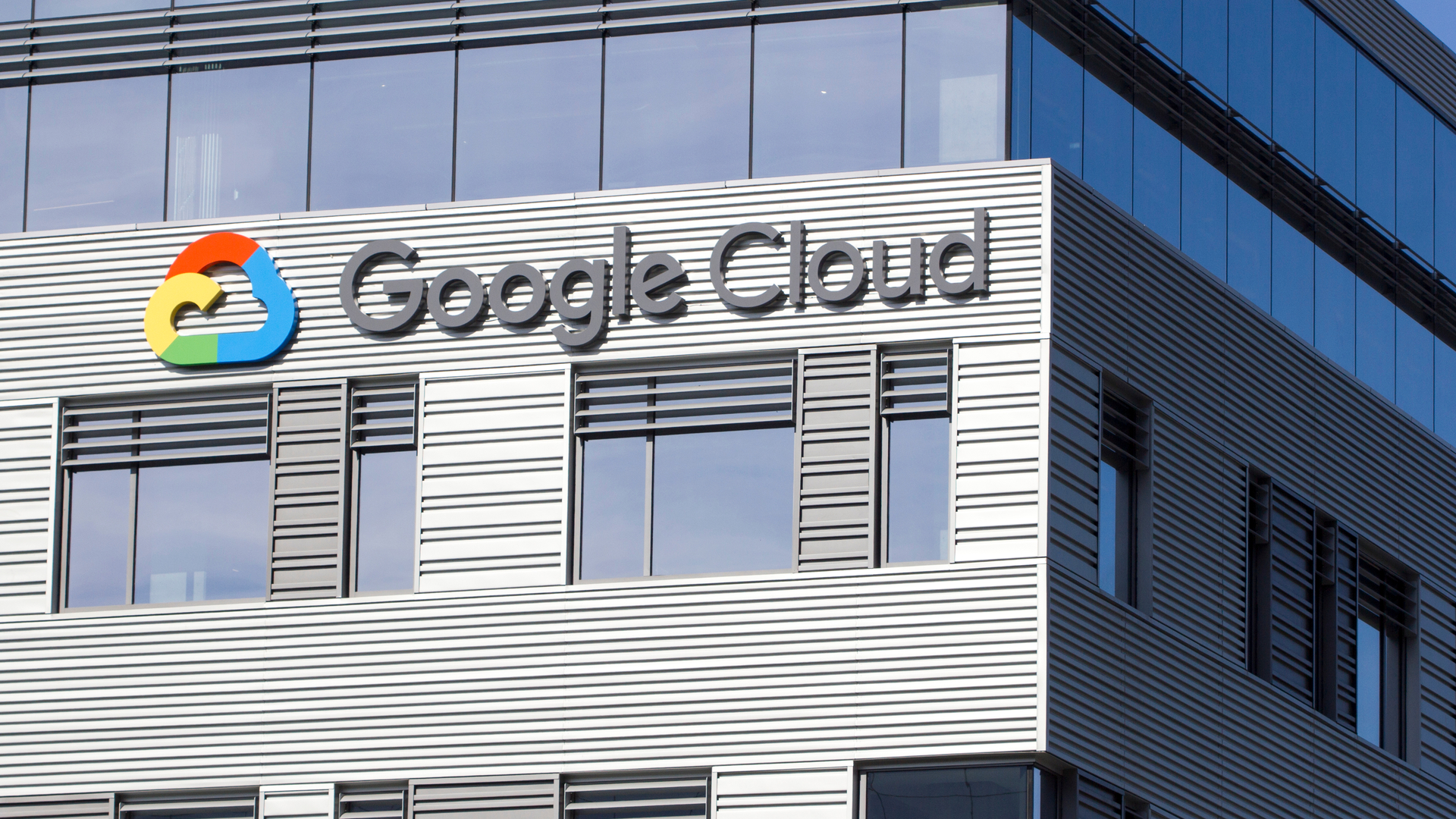 Google claims its AI chips are ‘faster, greener’ than Nvidia’s
Google claims its AI chips are ‘faster, greener’ than Nvidia’sNews Google's TPU has already been used to train AI and run data centres, but hasn't lined up against Nvidia's H100
By Rory Bathgate Published
-
 How quantum computing can fight climate change
How quantum computing can fight climate changeIn-depth Quantum computers could help unpick the challenges of climate change and offer solutions with real impact – but we can’t wait for their arrival
By Nicole Kobie Published
-
 “Botched government procurement” leads to £24 million Atos settlement
“Botched government procurement” leads to £24 million Atos settlementNews Labour has accused the Conservative government of using taxpayers’ money to pay for their own mistakes
By Zach Marzouk Published
-
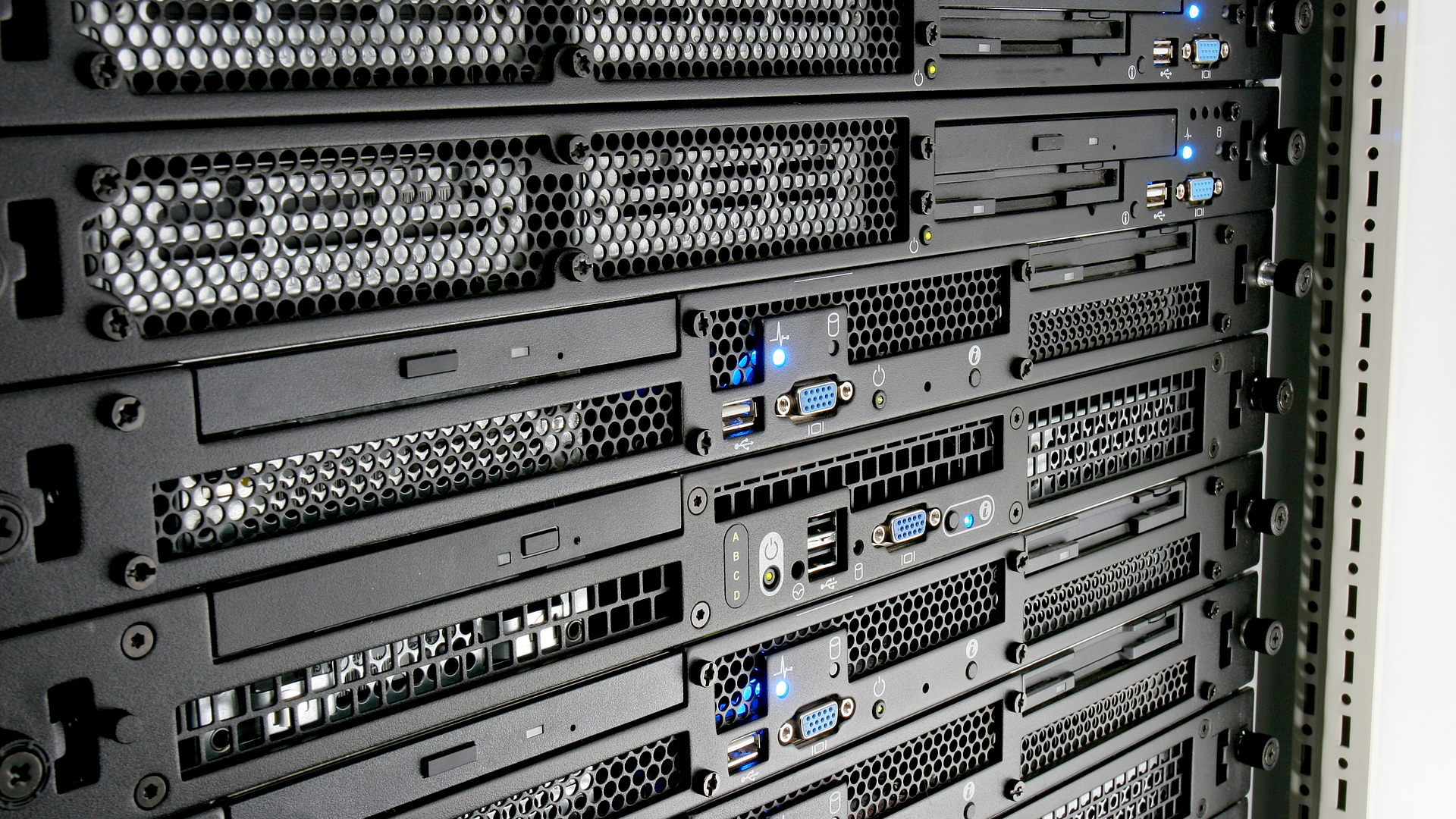 Dell unveils four new PowerEdge servers with AMD EPYC processors
Dell unveils four new PowerEdge servers with AMD EPYC processorsNews The company claimed that customers can expect a 121% performance improvement
By Zach Marzouk Published
-
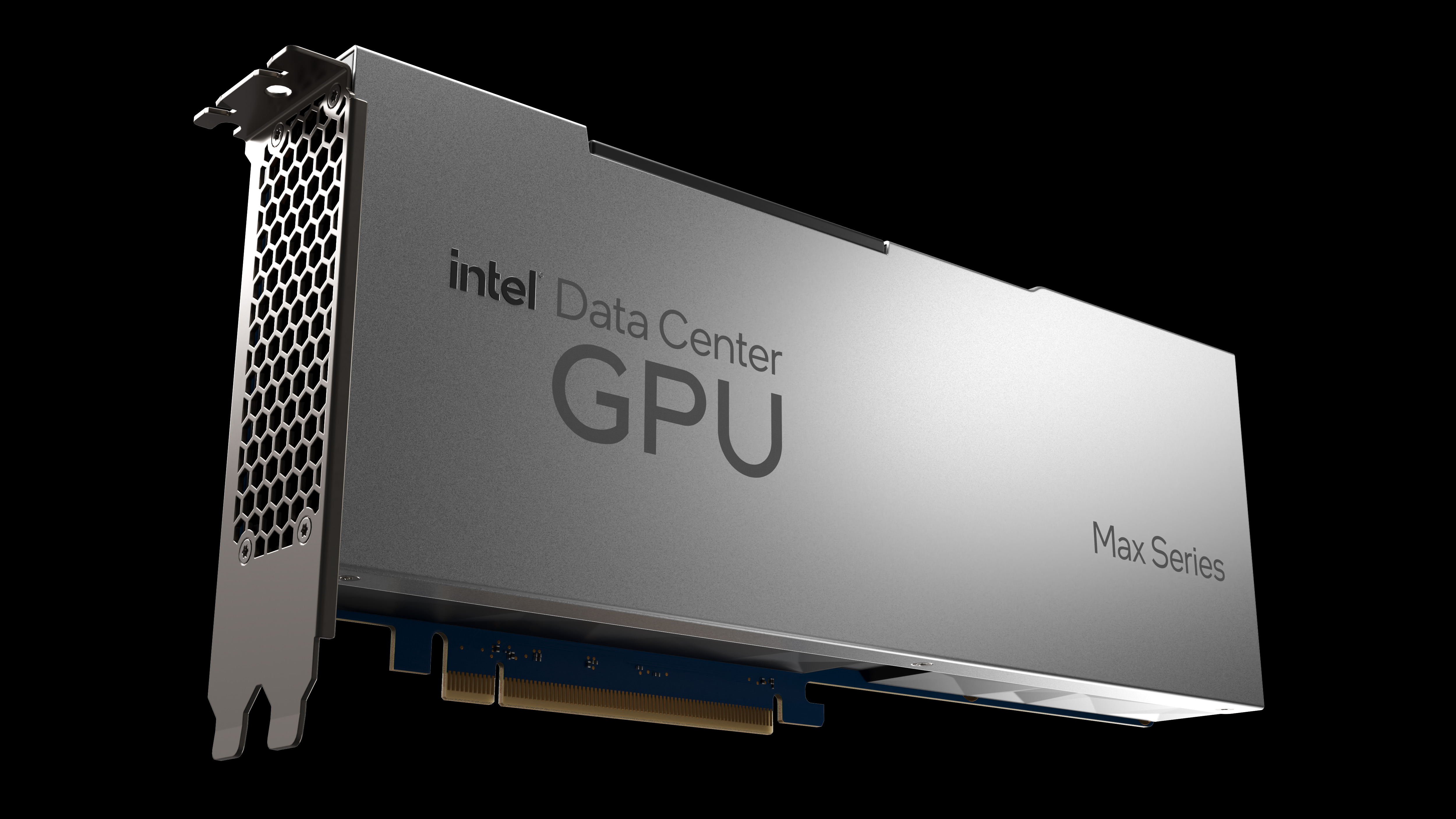 Intel unveils Max Series chip family designed for high performance computing
Intel unveils Max Series chip family designed for high performance computingNews The chip company claims its new CPU offers 4.8x better performance on HPC workloads
By Zach Marzouk Published
-
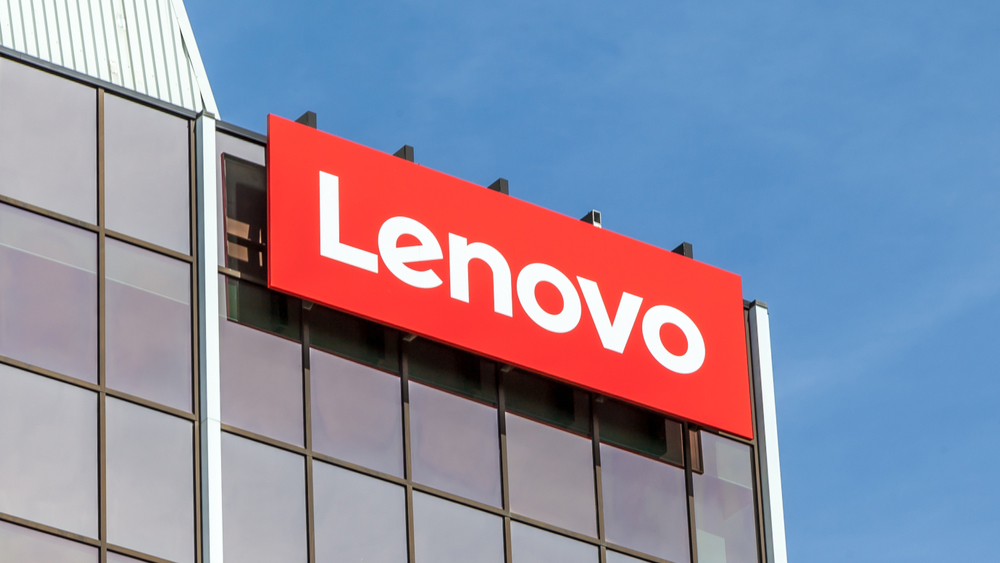 Lenovo unveils Infrastructure Solutions V3 portfolio for 30th anniversary
Lenovo unveils Infrastructure Solutions V3 portfolio for 30th anniversaryNews Chinese computing giant launches more than 50 new products for ThinkSystem server portfolio
By Bobby Hellard Published
-
 Microchip scoops NASA's $50m contract for high-performance spaceflight computing processor
Microchip scoops NASA's $50m contract for high-performance spaceflight computing processorNews The new processor will cater to both space missions and Earth-based applications
By Praharsha Anand Published
-
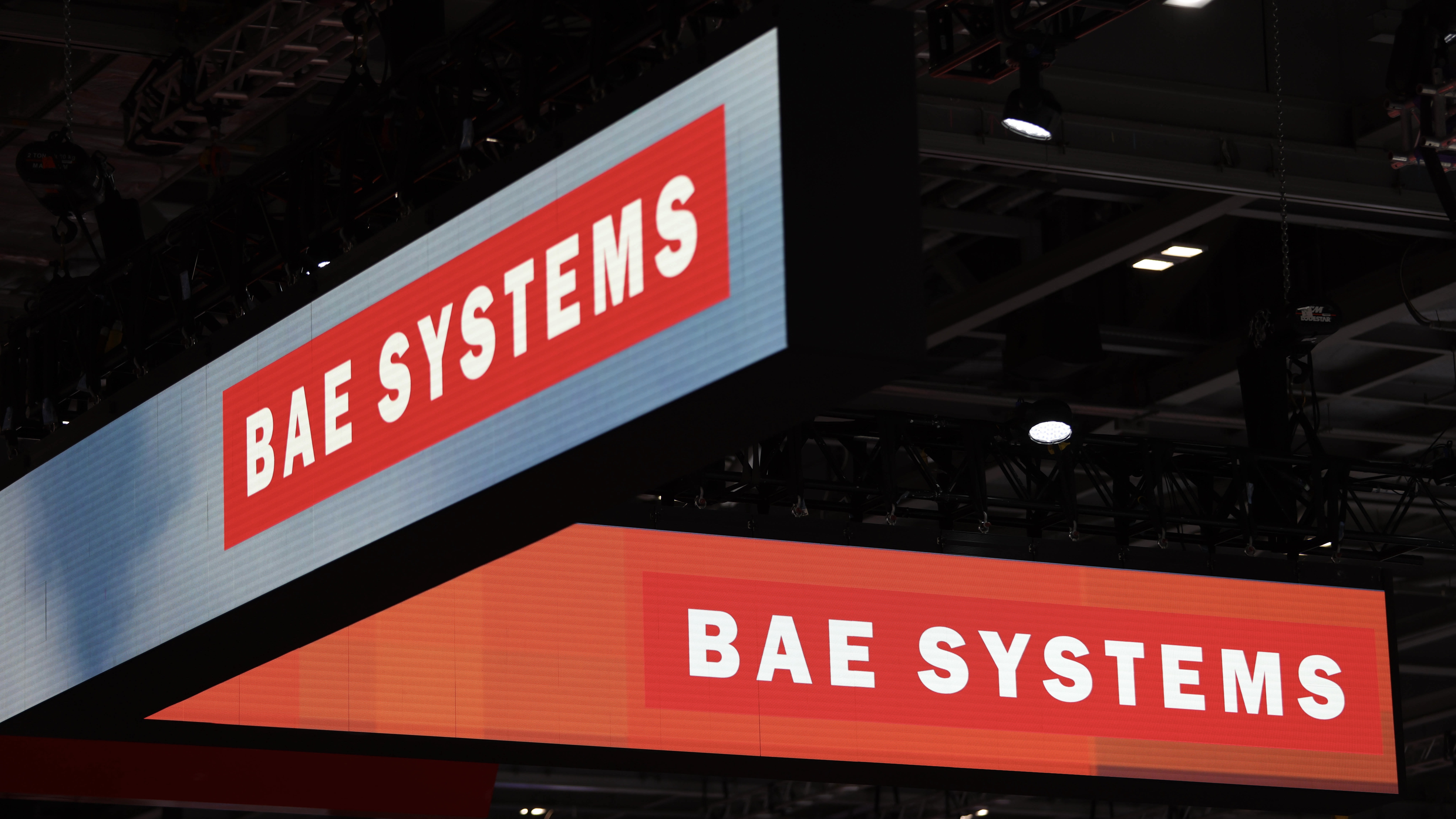 BAE Systems lands $699 million US army HPC contract
BAE Systems lands $699 million US army HPC contractNews Defense giant will operate and maintain the military’s high performance computing systems until 2027
By Daniel Todd Published